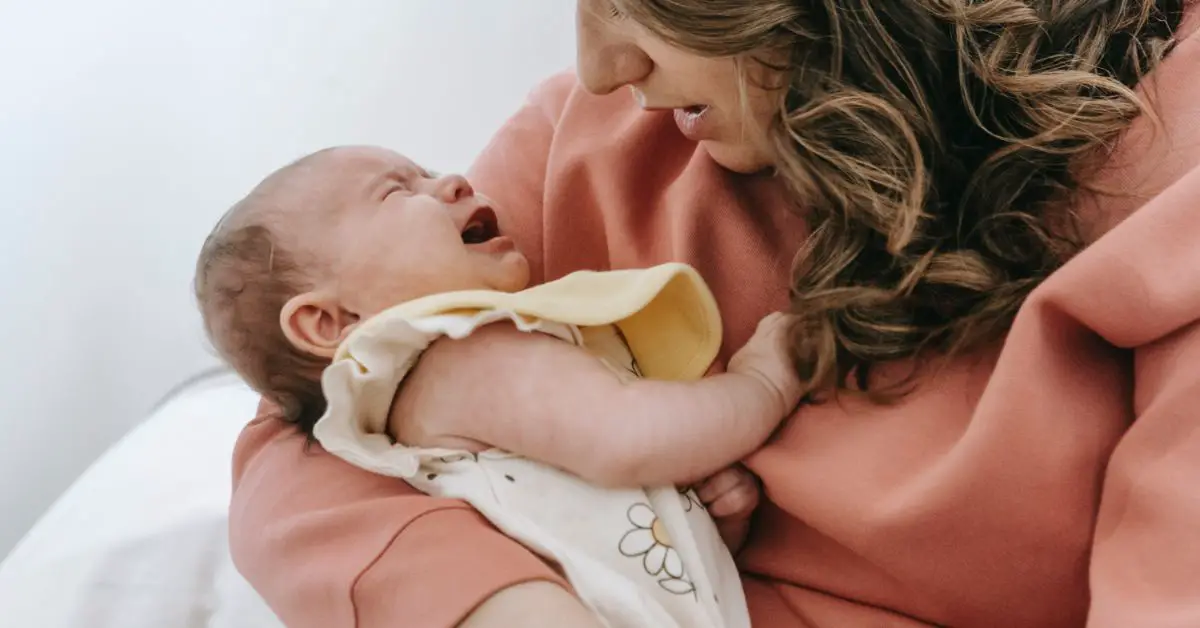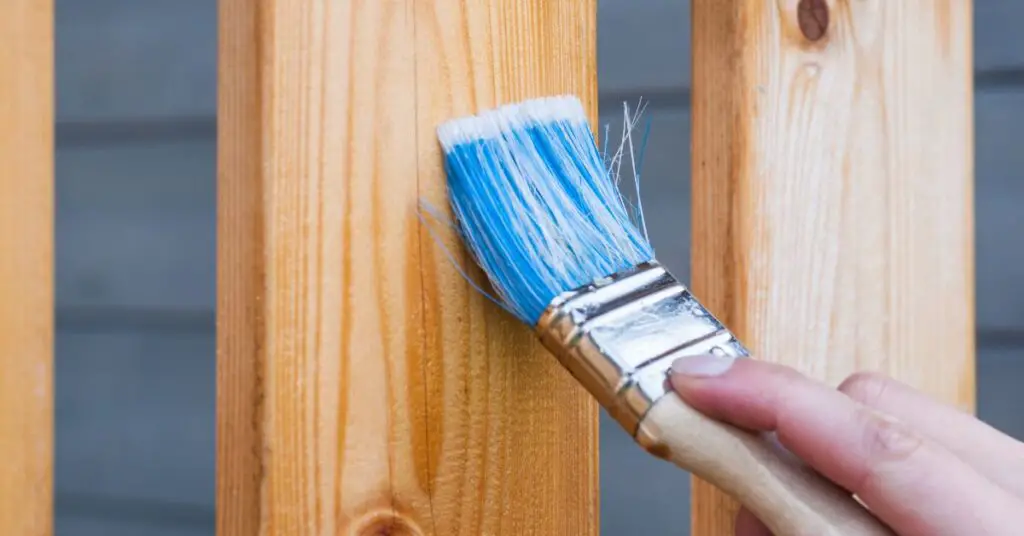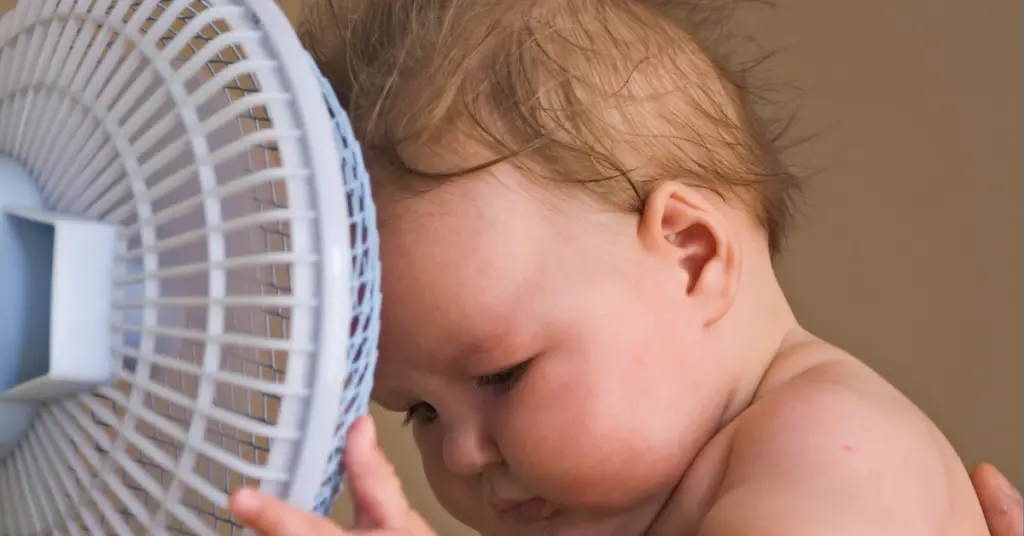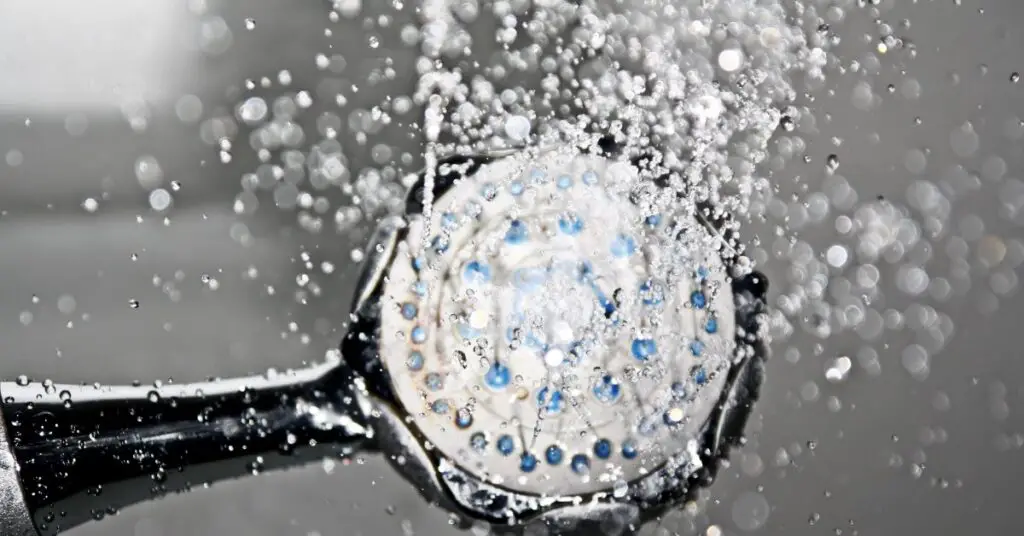Some parents swear by it and say that it helps their baby sleep better, some even report a sudden fondness for sleep after starting to use gripe water when they couldn’t get their baby to sleep for long stretches before. So, does gripe water really make babies sleepy?
The products mentioned on this page were independently selected by Babycious editors. As an Amazon Associate, Babycious may earn a commission from qualifying purchases.

Photo by Sarah Chai
Do you have a fussy baby that wakes up to scream and pass gas then falls back asleep multiple times at night? Are you at your wit’s end and don’t know what else to do? If so, you may be looking into gripe water to help soothe your little one. Gripe water is one of the most popular remedies for colic, gas, and upset stomachs in infants.
Some parents swear by it and say that it helps their baby sleep better, some even report a sudden fondness for sleep after starting to use gripe water when they couldn’t get their baby to sleep for long stretches before. So, does gripe water really make babies sleepy?
There is no scientific evidence that gripe water makes babies sleep more, but when it works for your baby it will make them less fussy and more likely to relax and fall asleep comfortably as it helps them with any tummy discomfort they may be experiencing. However, if your baby has no colic or gas issues, gripe water shouldn’t be used in the hopes of making your baby sleep through the night as it’s not a magic cure-all. Newborn babies have a hectic sleep schedule and need to wake up often to eat, so using gripe water as a sleep aid isn’t recommended.
How Does Gripe Water Work?
Gripe water contains several ingredients that differ by brand. In the US, gripe water usually contains a mixture of organic herb extracts and sodium bicarbonate. These work together to help release gas bubbles in the stomach and soothe any irritation.
The sodium bicarbonate acts as an antacid which brings the pH of baby’s stomach acid down to a more neutral level and helps to relieve discomfort caused by acid reflux.
Gripe water also contains some (sometimes a lot of) sugar that can have a calming effect on babies and help with pain relief. Due to its sweet taste, gripe water might give your baby an instant happy reaction which can help distract them from the discomfort and make them feel a little better while the other ingredients go to work.
If you want to try gripe water with your baby, look for a product that is organic, alcohol-free, and free from artificial colors and flavors. We used Mommy’s Bliss gripe water which has organic ginger and fennel extracts, my daughter loved it because it has a bit of licorice taste from the fennel and it helped her have bowel movements when nothing else seemed to work.
Risks Associated with Gripe Water Use
Despite being one of the most common remedies moms turn to for relieving colic symptoms and gas issues, there is no scientific evidence that shows that the use of gripe water can prevent colic.
It’s also important to note that gripe water is not a regulated product in the United States and there is no guarantee of its safety. Some gripe water products may contain alcohol or other harmful ingredients.
A recent study also found that using gripe water is associated with more vomiting and constipation in infants. So while it may provide some relief for your baby, it’s important to weigh the pros and cons before using gripe water with your little one.
If you’re considering using gripe water to relieve gas symptoms for your baby, be sure to talk with your pediatrician first. I’ve found that every doctor has a different opinion on gripe water. My daughter’s pediatrician didn’t have any objection regarding the use of gripe water as long as the product doesn’t contain any alcohol or parabens. But other doctors say to never give gripe water because it’s not regulated and was not scientifically studied.
How to Use Gripe Water for Your Baby
If you do decide to use gripe water, it’s better to wait until your baby is over one month old. Newborns’ stomachs are still very delicate, and gripe water can cause them discomfort.
When using gripe water, be sure to follow the manufacturer’s instructions. Most recommend giving your baby gripe water no more than 6 times in a 24-hour period. You should also avoid giving gripe water to your baby right before or after a feeding as this can cause them to spit up.
Related: Holding Baby Upright After Feeding: When To Stop?
Alternatives to Gripe Water You Can Try
If gripe water doesn’t seem to work for your baby or your pediatrician advises you against using it, some other options might provide relief. There are some of the tested and approved ways to help your little one with gas:
- Bicycle kicks. Lay your baby down on their back and gently move their legs in a bicycling motion to help relieve gas.
- Burp often. Try burping your baby after every feeding, or when you think they might be gassy.
- Tummy massage. Place your hands on your baby’s stomach and apply gentle pressure in a clockwise direction.
- Cutting out dairy. If you’re breastfeeding, try eliminating dairy and soy from your diet to see if it makes a difference. It might take a few weeks to notice a difference from that but it’s definitely worth a try.
- Gas drops. If you’re looking for a medicinal option, you can try infant gas drops. You only need to give them to your baby when needed, and the relief is usually almost instant. So it’s an option to keep in mind if things get really bad.
Bottom Line
While gripe water is generally considered safe if you’re using an organic product, you should always check with your baby’s pediatrician before giving it to them as they may have a different opinion. If gripe water doesn’t seem to work for your baby or if they’re experiencing any adverse effects, there are other alternatives you can try. Talk with your pediatrician about what might be best for your little one.
Have you tried gripe water with your baby? Did it help? Let us know in the comments below!
The purpose of this article is informative and educational only. It’s not a substitute for medical consultation or medical care. We do not accept any responsibility for any liability, loss, or risk, personal or otherwise, incurred as a consequence, directly or indirectly, from any information or advice contained here. Babycious may earn compensation from affiliate links in this content.



